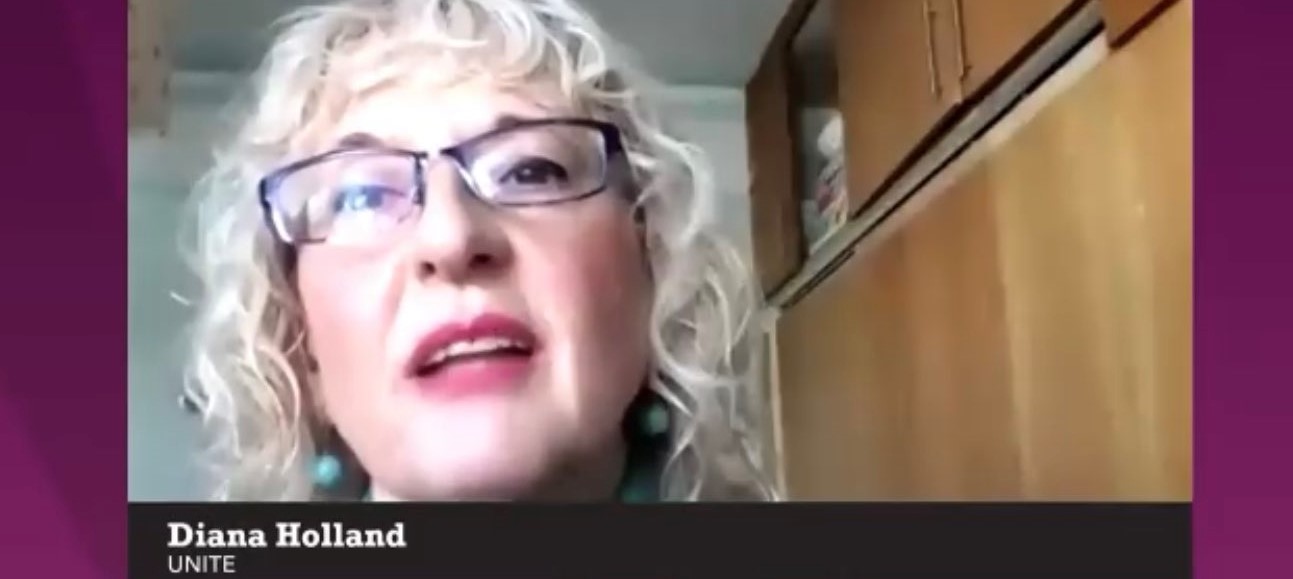‘Flagrant’ discrimination
In the 1950s and 60s, many people were unable to find housing through private landlords because they were black or Irish. While those days may be long gone, another form of housing discrimination is quietly being perpetrated at letting agents across the country.
An undercover investigation by housing charity Shelter found a shocking 1 in 10 letting agent offices had a branch policy of refusing prospective tenants who were on housing benefit, regardless of whether or not they could afford the rent.
The worst offender was Haart – a third of its branches, 8 out of 25, had an explicit â€no DSS’ policy which meant they would not consider those on housing benefit. â€DSS’ stands for the now-defunct Department of Social Security which previously administered benefits.
Shelter found that nearly half of the letting agents offices they called said they either had no suitable housing or could not find a landlord that would rent to someone on housing benefit.
Discrimination
While a â€no DSS’ policy is not yet actually illegal, Shelter believes it could violate the Equality Act 2010 since the majority of people on housing benefit are women – especially single mothers with childcare responsibilities – and so could be indirectly discriminated against. People who are receiving disability benefits are also three times more likely to receive housing benefit as well. Shelter believes they, too, could be indirectly discriminated against.
The housing charity highlighted the case of Lauren, a 47-year-old single mother who works three jobs. She lived in the same home in Lewes, East Sussex for over a decade but needed to move after rent increases became unaffordable.
“I looked for a private rented place which might be more affordable but everywhere says no DSS,” she said. “The letting agents I called were all so dismissive and rude, there was no leeway. The experience was horrible and very uncomfortable and unsettling. There is huge discrimination, everyone is tarred with the same brush, and it’s unfair.”
Shelter says it is planning a court challenge to â€No DSS’ policies and has warned letting agents of the possibility that they could be breaking the law.
In February, a woman successfully argued in county court that she had been subject to sex discrimination after a letting agent refused to consider her application because she was on housing benefit.
Single mother Rosie Keogh had lived in the same home for 11 years and always paid on time. She began looking for a new home in Birmingham. When she was denied on the basis of being on housing benefit in 2016, she sent the agent a letter of complaint which was then ignored.
The lettings agent Nicholas George eventually admitted sex discrimination and settled out of court, granting Keogh ÂŁ2,000 in compensation.
While the Keogh case isn’t a legally binding precedent, it demonstrated that there are legal grounds for challenging agents who turn away potential tenants because they claim housing benefit.
Keogh told the BBC she felt compelled to take on the agent.
“I felt something had to be done to challenge it,” she said. “I was motivated by anger at such inequitable practice.
“It made me feel like a second-class citizen.”
Shelter chief executive Polly Neate called â€No DSS’ policies an “outdated and outrageous example of blatant prejudice.
“Private renting is now so expensive that many people simply can’t get by without some housing benefit, even if they’re working,” she noted. “At Shelter we hear from families – who’ve always paid their rent – being pushed to breaking point after having the door repeatedly slammed shut on them just because they need housing benefit.
“Rejecting all housing benefit tenants is morally bankrupt, and because these practices overwhelmingly impact women and disabled people, they could be unlawful. That’s why we’re urging all landlords and letting agents to get rid of housing benefit bans, and treat people fairly on a case by case basis.”
Unite assistant general secretary Steve Turner agreed.
“It is outrageous that people on housing benefit are being discriminated against by letting agents and private landlords in such a flagrant way,” he said. “The lack of social housing stock means more and more people on housing benefit have no other option but to rent privately – their wholesale banishment from many letting agent branches means they are running out of places to go.
“Rents have increased so drastically over the last decade that the numbers of those on housing benefit will only increase even further from the 1.6m people claiming the benefit currently – this is a problem that must be dealt with now. Unite fully supports Shelter challenging â€no DSS’ policies in court.”
 Like
Like Follow
Follow


